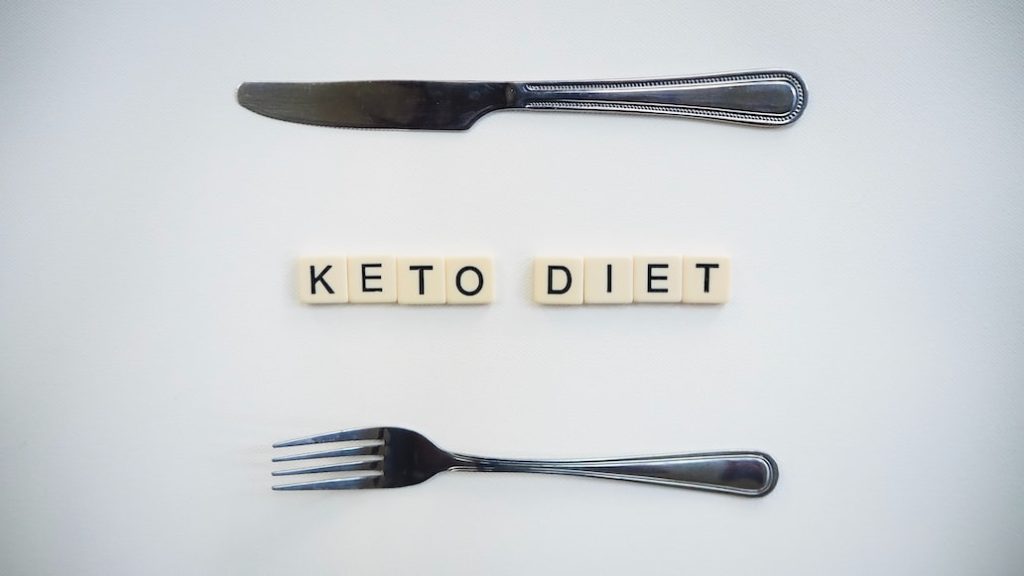The keto diet is a high-fat, low-carbohydrate diet that has been gaining popularity in recent years. The diet works by forcing the body to burn fat for energy instead of carbohydrates. This process, known as ketosis, can help you lose weight quickly and effectively.
There are a variety of keto diet plans available, but the most common plan involves eating fewer than 50 grams of carbohydrates per day. This may sound like a lot, but it’s actually not difficult to achieve if you focus on eating healthy, high-fat foods like meats, eggs, and nuts.
If you’re interested in trying the keto diet for yourself, there are a few things you should know before getting started.
What Is Keto Diet?
The ketogenic diet is a high-fat, adequate-protein, low-carbohydrate diet that in medicine is used primarily to treat difficult-to-control (refractory) epilepsy in children. The diet forces the body to burn fats rather than carbohydrates.
Normally, the carbohydrates contained in food are converted into glucose, which is then transported around the body and is particularly important in fueling brain function. However, if little carbohydrate remains in the diet, the liver converts fat into fatty acids and ketone bodies.
The ketone bodies pass into the brain and replace glucose as an energy source. An elevated level of ketone bodies in the blood, a state is known as ketosis, leads to a reduction in the frequency of epileptic seizures.
Around half of the children and young people with epilepsy who have tried some form of this diet saw the number of seizures drop by at least half, and the effect persists even after discontinuing the diet.
Some evidence indicates that adults with epilepsy may benefit from the diet and that a less strict regimen, such as a modified Atkins diet, is similarly effective. Potential side effects may include constipation, high cholesterol, growth slowing, acidosis, and kidney stones.
Keto Diet Nutritional Facts
A ketogenic diet is similar to other low-carbohydrate diets, but it involves a drastic increase in fat intake. Most people on the ketogenic diet consume less than 50 grams (g) of carbohydrates per day, which means they have to eliminate most fruits, vegetables, starchy foods, grains, and legumes from their diets. In addition, they consume about 80 to 90 g of fat per day, mostly in the form of oils, butter, meat, and cheese.
How Does Keto Diet Work for Weight Loss?
The ketogenic diet works by forcing the body to burn fat instead of carbohydrates. When you eat a diet that is high in carbs, your body converts those carbs into glucose. Glucose is then used as the body’s main source of energy. However, when you cut out carbs completely, your body has to find another source of energy. This is where the fat comes into play.
When you are on a ketogenic diet, your body is in a state of ketosis. This means that your body is burning fat for energy instead of carbs. The ketogenic diet has been shown to help with weight loss by reducing appetite and increasing satiety.
Benefits Of the Keto Diet?
The keto diet has become increasingly popular over the years. This is likely due to its many potential health benefits.
Some of the most well-known keto diet benefits include weight loss, improved mental clarity, and decreased inflammation.
The keto diet can also help to improve heart health by reducing bad cholesterol levels and increasing good cholesterol levels. Additionally, the ketogenic diet has been shown to lower blood sugar levels and improve insulin sensitivity.
All of these benefits make the keto diet an appealing option for those looking to improve their health and lose weight.
How Does the Keto Diet Work?
The keto diet works by drastically reducing carbohydrate intake and replacing it with fat. This shift in macronutrient intake causes your body to go into a state of ketosis.
In ketosis, your body burns fat for fuel instead of carbohydrates. This results in a number of different health benefits, as mentioned above.
Keto Diet Plan for Weight Loss
If you’re looking to lose weight, the keto diet may be a good option for you. When done correctly, the keto diet can help you lose weight quickly and effectively. There are a few things to keep in mind when following a keto diet plan for weight loss. First, it’s important to make sure that you’re getting enough protein.
Protein is essential for preserving muscle mass while you’re losing weight. It’s also important to make sure that you’re getting enough healthy fats. Healthy fats will help to keep you satiated and help your body burn fat for fuel. Lastly, it’s important to remember that weight loss on the keto diet may not be linear.
Some people may lose weight quickly at first and then hit a plateau. This is normal and expected on the keto diet. Just make sure to stick with it and eventually you will start losing weight again.
What Are the Risks of the Keto Diet?
The ketogenic diet is a high-fat, low-carbohydrate diet that can cause side effects. These include constipation, diarrhea, headaches, heartburn, and fatigue. If you are considering starting the ketogenic diet, it is important to speak with your consult best nutritionist first to ensure that it is the right option for you.
A keto diet is a great option for those looking to improve their health and lose weight. When done correctly, the keto diet can offer a number of health benefits, including improved mental clarity, decreased inflammation, and rapid weight loss.
FAQs
Is keto the best way to lose weight fast?
The keto diet is a high-fat, low-carbohydrate diet. It’s similar to other low-carb diets, such as the Atkins diet. The keto diet focuses on eating foods that are high in fat and low in carbs. This means eating plenty of meat, fish, eggs, butter, oils, and other high-fat foods.
How much weight can be lost in a month of keto?
According to experts, You can lose as much as 10-12 pounds in a month on the keto diet.
What does a keto diet look like?
A ketogenic diet should consist of about 60–80% fat, 10–30% protein, and no more than 5–10% — or 20–50 grams — of carbs per day.


